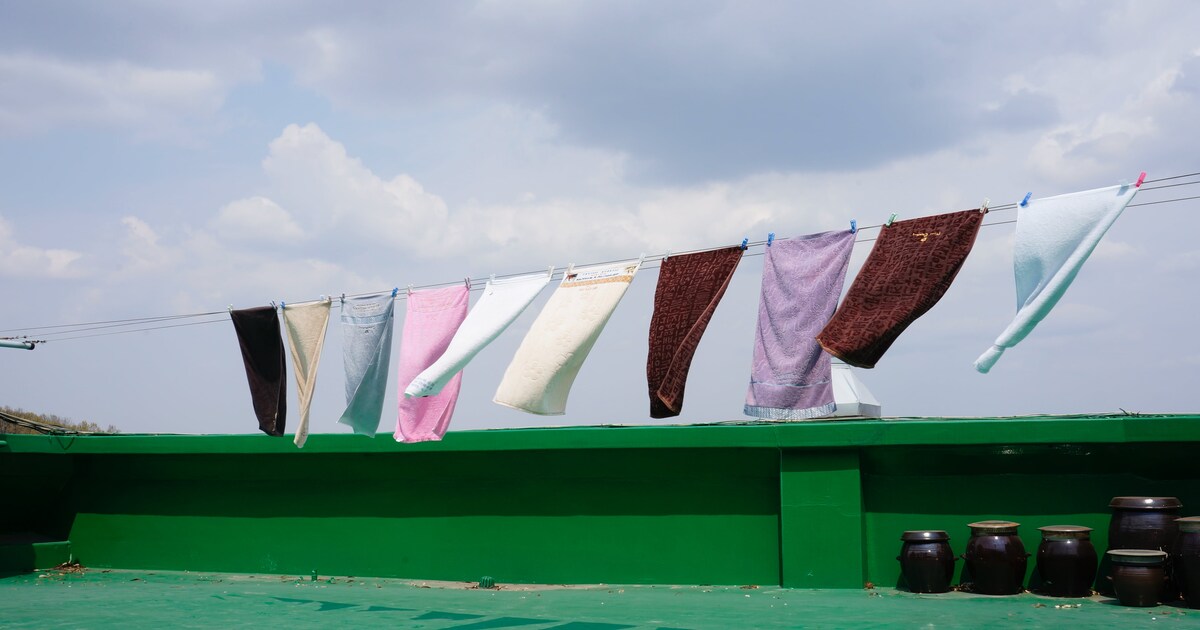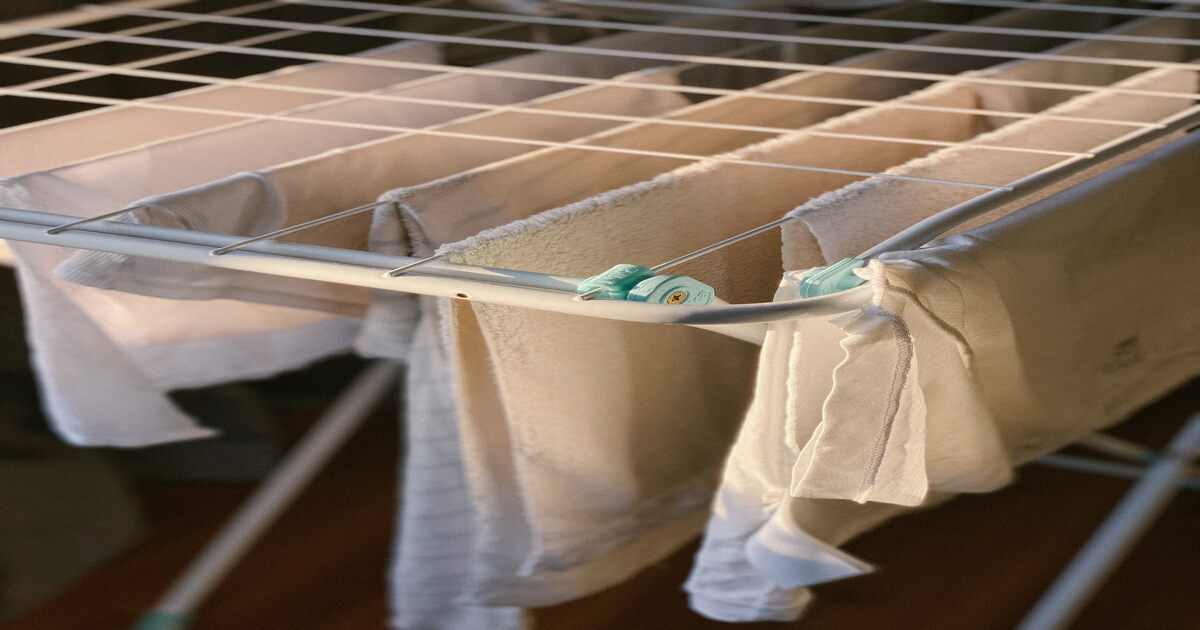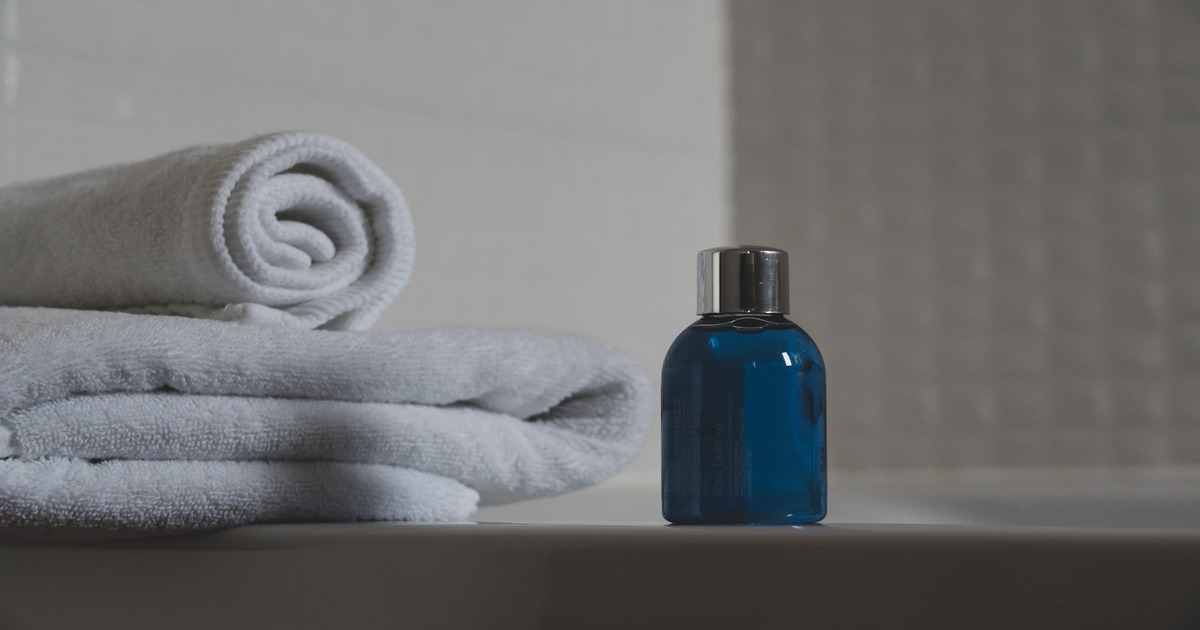How To Wash Towels 101: Maintaining Softness and Absorbency
Author: Manchester Collection Date Posted:5 December 2023

You can keep them soft and absorbent for years with proper care. And caring for towels the right way is truly not that hard. You just need to know a few tricks and you can easily keep your towels in top condition for the foreseeable future. That’s precisely what this article is intended to do – so without further ado, let’s discuss how to wash and dry towels so that they remain forever (or at least for a long time) soft and fluffy.
Understanding Towel Materials
Before we start talking about how to wash towels, we should discuss the materials. Your choice of material will affect both the softness and absorbency of your towels. Here's a brief overview of common towel materials and how they perform in terms of care:
- Cotton: Cotton towels are highly absorbent and soft. They are easy to care for and can withstand frequent washing. Cotton towels are suitable for daily use.
- Egyptian Cotton: Egyptian cotton is a special type of high-end cotton. Egyptian cotton towels are renowned for their exceptional softness and absorbency. They are a luxurious choice that deserves meticulous care.
- Microfiber: Microfiber towels are known for their excellent absorbency and quick drying. They are relatively low-maintenance and can be machine-washed without issues.
- Bamboo: Bamboo towels are eco-friendly and naturally hypoallergenic. They are gentle on the skin and require careful washing to maintain their softness and durability.
- Linen: Linen towels are breathable and lightweight. They are perfect for hot climates but need gentle care, as linen can be prone to wrinkles.
How To Wash Towels
Proper washing is key to maintaining the softness and absorbency of your towels. And learning how to wash towels is quite easy with just a bit of guidance. So let's explore the essential steps in the washing process.
Sorting Towels by Colour and Fabric Type
To prevent colour bleeding, always separate white towels from coloured ones. Use cold water for coloured towels to retain their vibrancy and warm water for white towels. It's also advisable to wash towels of similar fabric types together. This prevents lint transfer and ensures the best care for each material.
Choosing the Right Detergent for Towel Care
A mild, liquid detergent without harsh additives is generally the best choice for washing towels, as it's gentler on the fibres and maintains softness. Fabric softeners, on the other hand, can reduce the absorbency of towels. So you should skip the fabric softener if you can.
You do have an alternative, though – you can opt for vinegar or baking soda as a natural substitute for fabric softeners. Vinegar also has other positive qualities for washing, like being a hypoallergenic substance and it can also stop colours from fading.
Setting the Appropriate Water Temperature
As we mentioned, warm water is good for regular washing, particularly for white towels. For coloured towels, it’s best to use cold water to prevent colour fading and preserve the quality of the material. When it comes to hot water, you should only use it for the occasional deep clean. Washing towels in hot water frequently will cause them to lose softness and absorbency.
Avoiding Overloading the Washing Machine
Overloading the washing machine can hinder proper cleaning and rinsing. Ensure there is enough room for the towels to move freely and absorb detergent effectively. And keep in mind that smaller loads may be necessary for heavily soiled towels.
Drying Techniques

The drying process is as important as washing for maintaining soft and absorbent towels. Here's how to do it right.
Using a Dryer on Low Heat for Fluffiness
When using a dryer, opt for the lowest heat setting to prevent overheating the fibres. Overheating can cause towels to lose their softness and become stiff. Adding dryer balls or clean tennis balls to the dryer can help fluff up towels and prevent them from clumping.
Line Drying for Energy Efficiency and Freshness
Line drying is a more energy-efficient and eco-friendly option. It also helps maintain the natural freshness of towels. If you have the space and opportunity, drying towels in direct sunlight can provide a natural disinfecting effect and a pleasant scent.
Preventing Over-Drying to Maintain Softness
It’s very important to remove towels from the dryer as soon as they are dry. Over-drying can lead to stiffness and reduced softness and this also applies if you are drying your towels in direct sunlight. Fold the towels right after removing them from the dryer or line to help maintain their fluffiness and shape.
Towel-Specific Care Tips
We’ve discussed how to wash towels and how to dry them, but here are a few more care tips for preserving softness and absorbency - these apply to all towel materials:
- Skip Fabric Softeners: As mentioned earlier, fabric softeners can reduce the absorbency of towels. Using them sparingly, a natural alternative, or not at all is a good practice.
- Preventing Lint Build-up During Washing and Drying: Regularly clean your dryer's lint trap to prevent lint build up on towels. This can help maintain their softness and appearance. Additionally, overloading the washing machine or dryer can lead to more lint generation, so ensure there's enough space for towels to move freely.
- Regularly Clean the Washing Machine: Periodically run an empty cycle with hot water and vinegar or a specialized washing machine cleaner. This prevents detergent build-up and ensures cleaner, more effective washing.
Dealing with Stains and Odours
Unfortunately, towels can (and do) acquire stains and odours over time. Here's how you can tackle these common challenges.
- Common Towel Stains (e.g., makeup, food, oil): Treat stains promptly by blotting or gently wiping with a clean, damp cloth. Avoid rubbing, as it may push the stain deeper into the fabric. Pre-treat stubborn stains with a mixture of vinegar and baking soda before washing.
- Removing Mildew and Musty Odours from Towels: Wash the affected towels with hot water and a cup of vinegar. Follow with a regular detergent cycle. Line-dry the towels in direct sunlight, as the sun's natural disinfecting effect can eliminate mildew and odours.
- Tips for Fresh-Smelling Towels: To maintain freshness, store towels in a well-ventilated area to prevent musty odours from developing.
Maintaining Towel Fluffiness
Besides properly washing and drying your towels, there are a few more things you can do to keep them fluffy and inviting.
- Fluff and Shake Before Folding: Before folding your towels, give them a good shake and fluff. This can help restore their loftiness.
- Periodic Deep-Cleaning: For an occasional deep-clean, soak towels in hot water with baking soda, then wash them with vinegar to remove residues and restore softness.
Storing Towels Properly

Finally, proper storage ensures your towels remain in top condition, ready for use when needed. Fold towels neatly and arrange them in a tidy stack or on shelves to prevent wrinkles and maintain their appearance.
It is very important to ensure your towel storage area is well-ventilated and not prone to moisture build-up. Use dehumidifiers if necessary. If you are storing towels for an extended period, consider using airtight containers to protect them from dust and moisture.
Can You Make Old, Used-Up Towels Feel Like New Ones?
Now you know how to wash towels to retain their softness and absorbency. But if your towels have already lost these properties, it’s almost impossible to get the fabric to where it was when you first purchased it. If that’s the case, you may need to purchase a new set.
That’s where Manchester Collection can help – check out our discounted collection of towels made from any material you can think of. Once you get one of our towels, just regularly apply the care tips we provided and you shouldn’t need to buy new towels at least for a while.
And you will always have that fluffy feel whenever you use them. So happy towel hunting!
